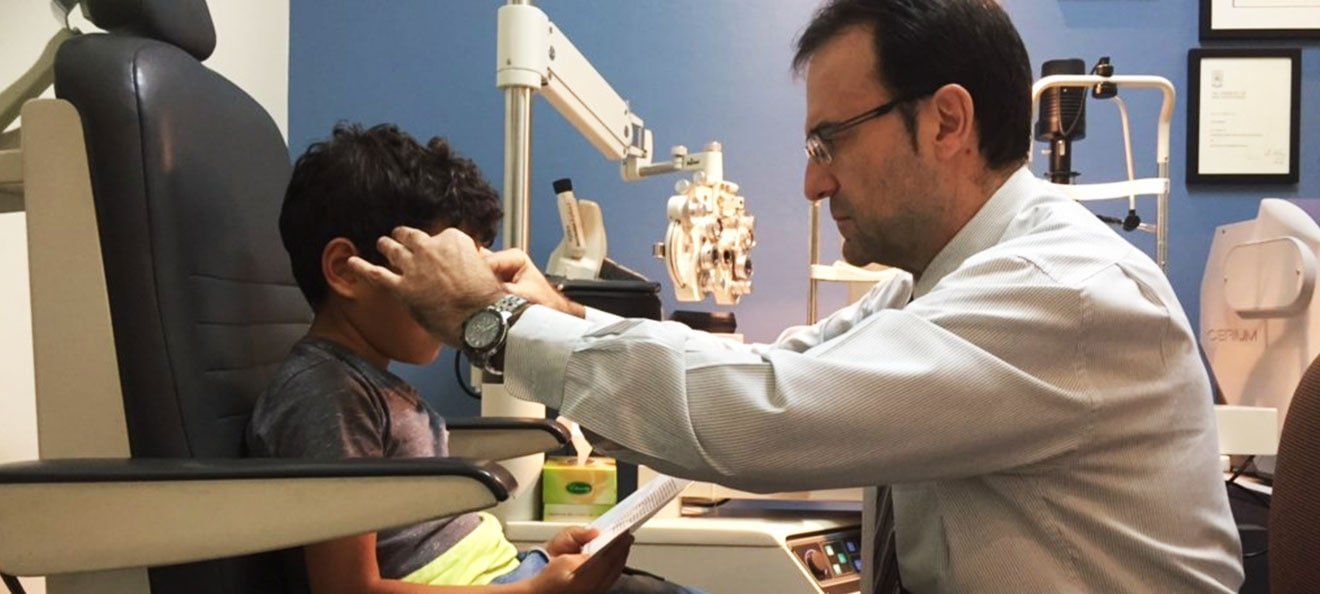As parents, ensuring the overall health and well-being of our children is a top priority. While we often emphasize regular pediatric visits and dental check-ups, eye health can sometimes be overlooked. However, vision is a critical component of a child’s development and learning. Regular visits to a children’s optometrist are essential in maintaining optimal eye health and preventing potential vision problems that could impact your child’s quality of life.
Early Detection of Vision Problems
Children are often unaware of their own vision issues. They may assume that what they see is normal, making it challenging to identify problems without professional help. A children’s optometrist is trained to detect a range of vision problems early on, including:
- Myopia (nearsightedness)
- Hyperopia (farsightedness)
- Astigmatism
- Strabismus (crossed eyes)
- Amblyopia (lazy eye)
Early detection of these issues is crucial. Addressing vision problems at a young age can prevent them from worsening and can significantly improve a child’s academic performance and daily life.
Supporting Academic Success
Vision plays a vital role in a child’s educational development. Approximately 80% of learning in a classroom is visual. This means that undiagnosed vision problems can severely hinder a child’s ability to perform well academically. Symptoms like difficulty reading, frequent headaches, and trouble focusing can all be indicators of vision issues. Regular eye exams ensure that your child can see the board clearly, read without strain, and focus on their studies, thereby supporting their academic success.
Enhancing Social and Behavioral Development
Good vision is not only crucial for academic performance but also for social interactions and overall behavior. Children with undiagnosed vision problems may struggle to engage in social activities, sports, and other physical activities. They may also exhibit behavioral issues due to frustration or difficulty in seeing clearly. By ensuring that your child’s vision is at its best, you are also supporting their social development and helping them to participate fully in various activities, boosting their confidence and social skills.
Preventing Long-Term Eye Health Issues
Regular visits to a children’s optometrist can help prevent long-term eye health issues. Conditions like myopia can progress rapidly in children, leading to severe vision impairment later in life if not managed properly. By monitoring and managing these conditions from an early age, an optometrist can help to slow their progression and mitigate potential long-term damage.
Personalized Eye Care
Children’s optometrists specialize in the unique needs of young patients. They provide personalized care tailored to each child’s specific vision requirements. This can include prescribing glasses or contact lenses, providing vision therapy, and offering advice on eye health and safety. The individualized attention ensures that your child receives the best possible care for their eyes.
Encouraging a Lifetime of Healthy Vision Habits
Regular eye exams instill the importance of eye health in children from a young age. By making eye care a routine part of their health regimen, children learn to prioritize their vision and adopt healthy habits that will benefit them throughout their lives. This proactive approach to eye health can lead to better outcomes and a higher quality of life as they grow.
Conclusion
Visiting a children’s optometrist is an essential aspect of maintaining your child’s overall health and well-being. Early detection and treatment of vision problems, support for academic and social development, prevention of long-term eye health issues, and personalized care are just some of the benefits of regular eye exams. By prioritizing your child’s eye health, you are investing in their future success and ensuring they have the best possible vision to navigate the world around them. Make it a point to schedule regular visits to a children’s optometrist and give your child the gift of clear, healthy vision.





